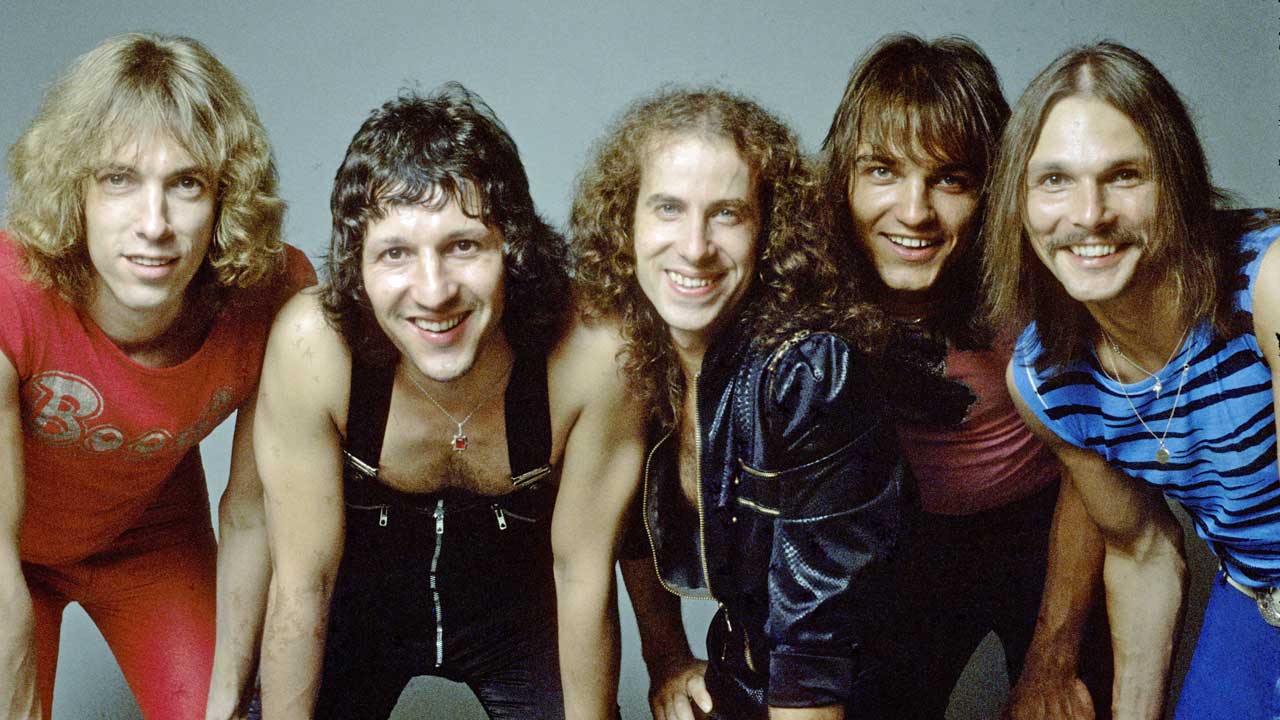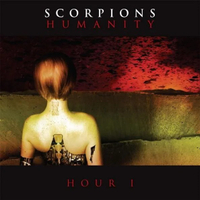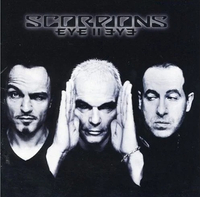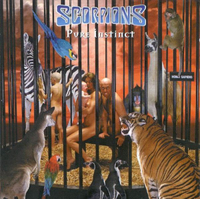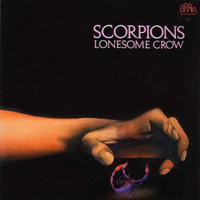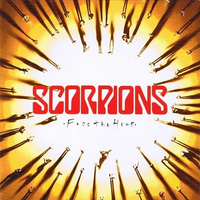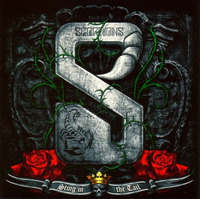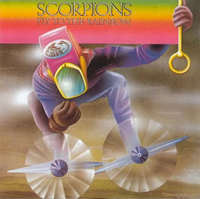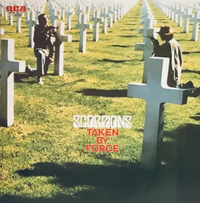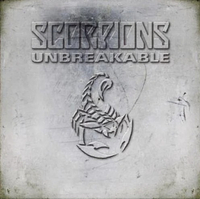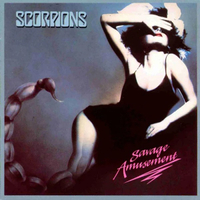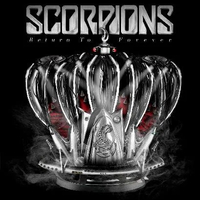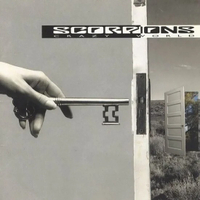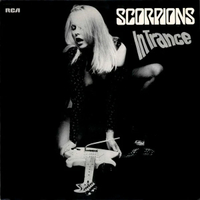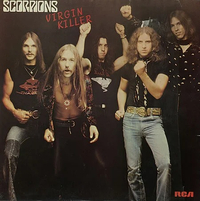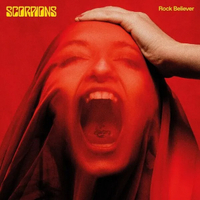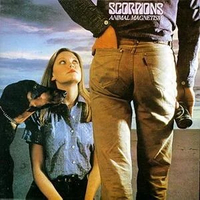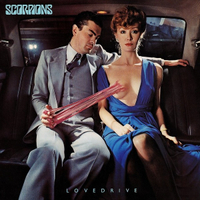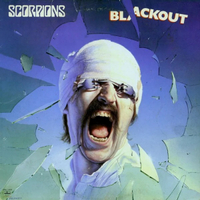Guitarist Rudolf Schenker founded the very first Scorpions line-up in Hannover in 1965, but it was the arrival four years later of Schenker’s younger brother Michael on guitar and vocalist Klaus Meine that really set the wheels in motion. Since then they’ve been through not only a number of personnel changes, but also different musical styles: the psychedelic influences of their earlier years gave way to prog-tinged heavy rock, before they hit the mark with slick, chart-friendly, 80s heavy rock.
Early albums such as Lonesome Crow and Fly To The Rainbow (the latter featuring Jimi Hendrix- inspired hotshot Uli Jon Roth in place of the departed Michael Schenker) created a buzz in their native Germany.
The band’s real breakthrough came in November 1975, when they made their live UK debut at London’s Marquee club in support of that year’s In Trance, an album which marked the start of a long and fruitful relationship with producer Dieter Dierks. That performance helped transform the Scorpions from Germanic curiosity to genuine international contenders, ensuring that their reputation spread across Europe and America.
Roth departed in 1978, and by the end of the 70s the ‘classic’ Scorpions line-up – Klaus Meine, Rudolf Schenker, guitarist Matthias Jabs, bassist Francis Buccholz and drummer Herman Rarebell – was in place. With it came proper global success, starting with Lovedrive and peaking with Love At First Sting. The latter sold more than three million copies, propelled by MTV staple Rock You Like A Hurricane. But even this paled next to 1991’s whistle-tastic Winds Of Change, the worldwide hit single inspired by the fall of the Berlin Wall two years earlier.
The band might have seen a decline in their record sales since that high-water mark, but they remain a hugely successful touring act, and 2022's Rock Believer is less of a return to form than an exuberant reminder of what makes the band at their best so exciting.

